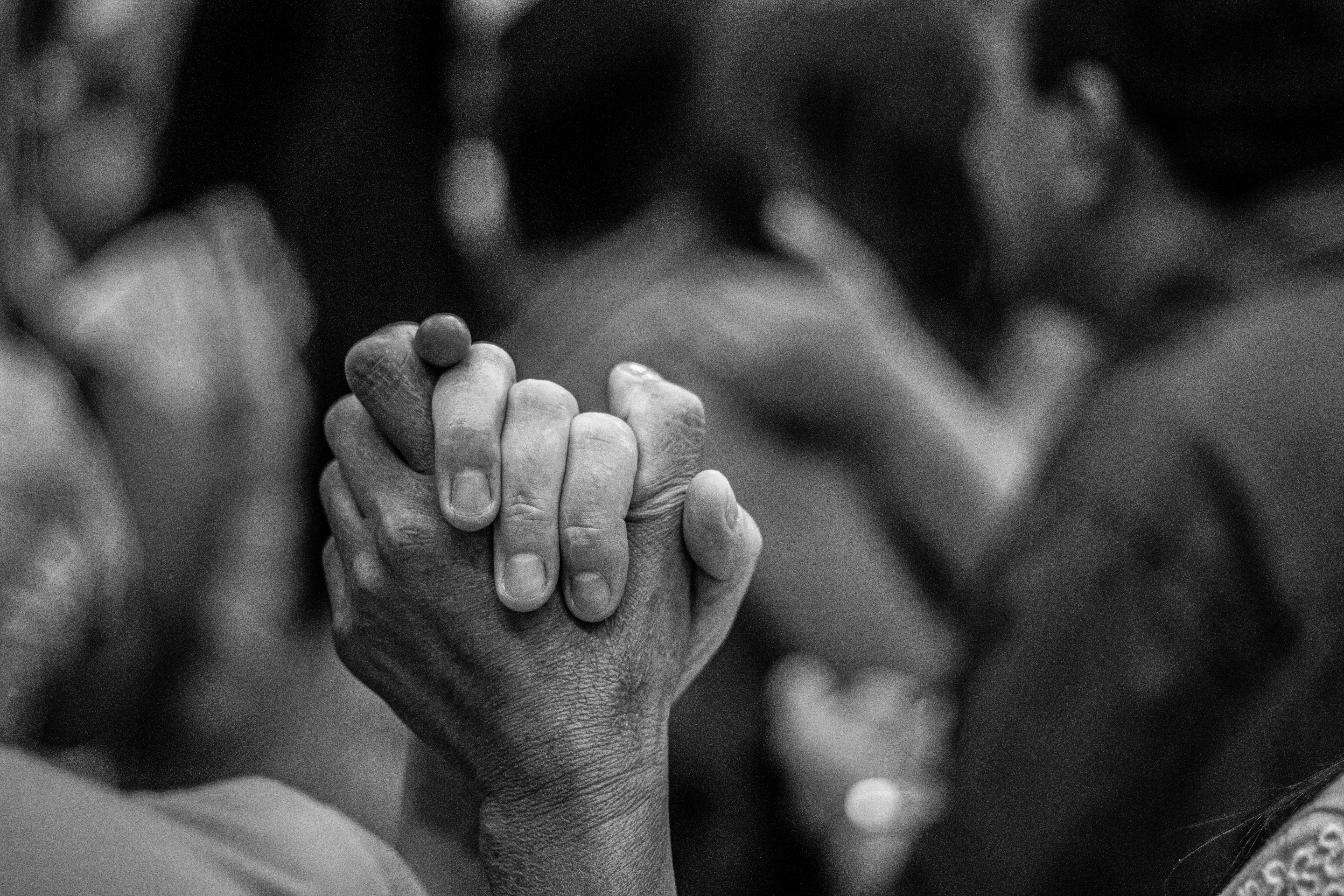Whenever someone hears the term conflict resolution, they may think it is a term reserved for the professional conflict resolver or negotiator such as the attorney, the mediator, the politician, or the business person negotiating the multi-million dollar deal. However, thinking about conflict resolution in this way is a mistake.
We are in the business of negotiation, persuasion, and conflict resolution on a daily basis, whether with our children, our spouse, friend, co-worker, boss, children’s school teacher, the store clerk or the berating stranger who subjects us to his wrath, without having the requisite authority to do so for what he perceives to be our reckless driving. Conflict is everywhere. Sometimes, conflict is one on one. At other times, conflict involves many people. The recent tragic death of George Floyd is a great example of multiple forces of conflict at play, at once.
We are involved in conflict whenever our interests are pitted against another. Our response to conflict is what I call conflict resolution behaviors, that is, the manner in which we respond or react when faced with conflict situations. Our responses vary from passivity to aggression. There are a range of responses to the same conflict situation that make the difference between resolving a conflict situation effectively or not. Effective conflict resolution in its essence is getting our needs met while maintaining the balance and well-being of both sides.
Adopting what I call high leverage conflict resolution behaviours is essential to our sense of power, well-being, and success in the world. Beyond that, conflict resolution is now imperative to humanity’s fate as a species. If we don’t understand our own role in conflict and continue to work at destructive cross purposes, we risk the well-being of not just us, but the entire humanity. Effective and skillful conflict resolution now serves a biological purpose.
We are now seeing violent protests, civil unrest, polarized countries, and an uncertain financial future unfold before us. At the same time, we are being asked to face our repressed fear of our inevitable mortality right in the face. During these stressful times, as we are told to quarantine at home, we do so with our families while taking on the additional responsibility of home schooling our children. As we have less “me” time and more “we” time, in the midst of chaotic times, conflict resolution skills become handier than ever. We need to get along, peacefully co-exist and preserve our well-being as well as the well-being of our family. We cannot risk a lack of well-being because we know that strengthening our immune system is also central to how we respond to the coronavirus.
To succeed in these unprecedented times, you need to develop an awareness of your own conflict resolution style, pay attention to the sub-conversations of power, trust, boundaries and the ego and build skills of emotion, assertion, empathy and persuasion. The first four are “sub-conversations” because while they are present in any conflict dynamic, we don’t directly observe them. The latter four are “skills” because the display of them is directly observable. For instance, we don’t always see the level of power present when two people interact, but the expression of that power is a skill that is observable. Hence, effective conflict resolution starts with awareness. You must observe how you unfold in the world in response to conflict situations. You must become aware of your relationship to conflict and central to that is your relationship to power.


